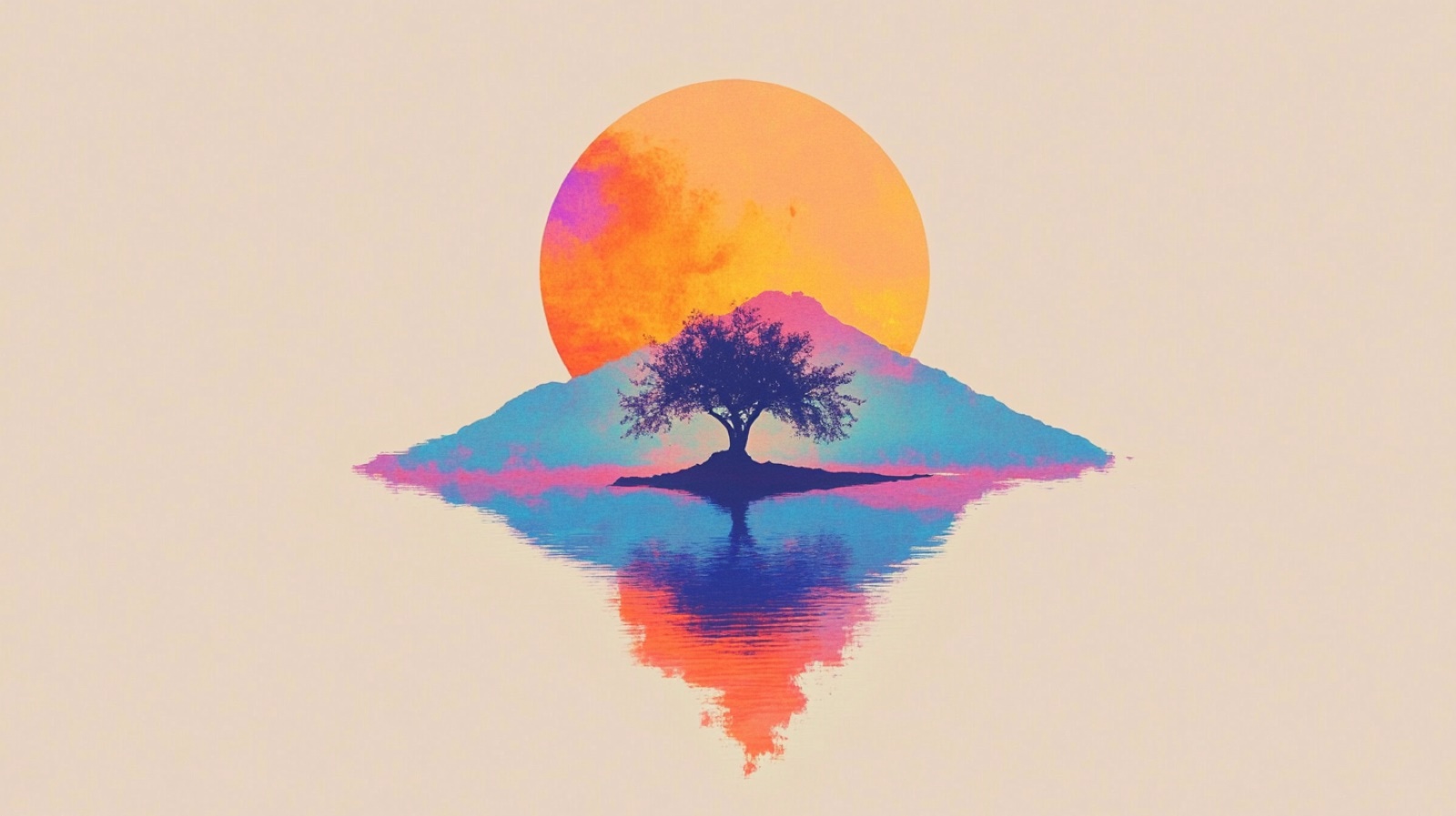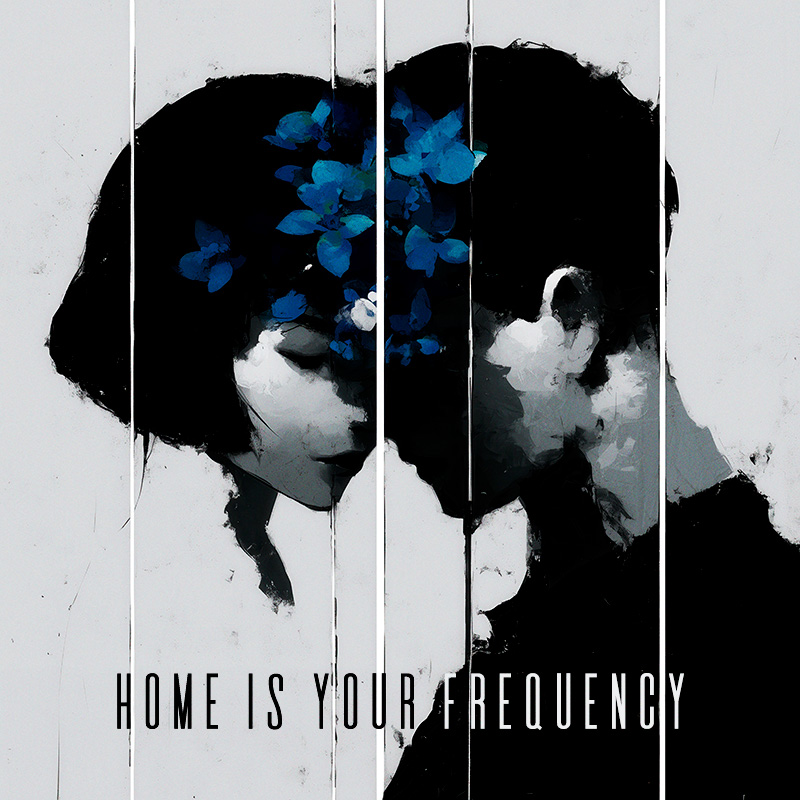When I was a kid, my favorite TV show was Star Trek. In contrast to most sci-if series, Gene Roddenberry presented humanity as optimistic and enlightened, moving beyond its violent conflicts and prejudices to become explorers and peacekeepers of the galaxy. It was a personal inspiration of how I wanted to be in real life, and a good diversion from the conflicts of that period. But I always wondered if humanity had to go through devastating hardships, as Roddenberry had envisionned, to become its better self.
Climate change is a personal topic that I hold dearly in my heart, and I try my best to help explain to people about the real and dire need to save Mother Earth, for the sake of the whole world and all of us. For this occasion, I hope you allow me to expand my message from my usual personal conversations, as we still have time to change course.
António Guterres, the UN Secretary General, called our current situation “climate breakdown in real-time.” This is no longer a ‘future problem’, and frankly it’s not been for a while. Guterres’ words are backed by the Intergovernmental Panel on Climate Change (IPCC), a Swiss-based organization established by the United Nations and World Meteorological Organization. Every year IPCC releases their climate change report, and every year it becomes harder to read.
IPCC is under the leadership by James Skea, Professor of Sustainable Energy at Imperial College London, a Fellow of the Energy Institute and an Officer of the Order of the British Empire, among many other accomplishments. He’s surrounded by some of the most brilliant minds of our generation.
Their findings are stark (page 16). At 1.5°C (2.7°F) of global warming – the threshold established by the 2016 Paris Agreement – thousands of species face extinction. Beyond this point, we accept escalating heat-humidity conditions throughout the globe, a devastating impact on food production, and the decimation of global fish populations. The report’s 18th page delivers an even more sobering statement: sea level rise is now inevitable for centuries to millennia due to deep ocean warming. This consensus is shared by the world’s largest environmental science agency in the world, the National Oceanic and Atmospheric Administration, or NOAA.
Here’s the problem. We’re past this point. The Paris Agreement is active but deprecated. The challenge is bigger, thus requires a bigger change. This has stopped being a mitigation challenge and has now become an adaptation and survival one. There is a need for a deep, rapid, and sustained action against the dark tide, a deep need to take the risk seriously and deal with it accordingly, across governments and across people.
Massive change comes from cross-governmental policy. And we have a very finite period of time to get our act together and pass good energy, agricultural, semiconductor, and environmental policy.
But when Plan A doesn’t work, you work on Plan B, so small action at a local, regional, national, and supranational level must happen. Any action with a conscious focused effort on combatting climate change, no matter how small, is good.
The poorest of us, the ones living in the worst possible conditions, are the people most affected by climate change. Humanity needs to show more than sympathy to the hungry, and more than words to the poor. It needs to protect the only home it has. Otherwise, what is the point of any of this?
So, what can one do about this? Anything. Any large or small act of defiance against the status quo that wants this world to worsen for present and future generations. Because positive change resonates. Every action to bring truth - maybe a silly blog post is just good enough.
If you have the voice or the influence to do more, I implore you to do so, for the sake of the people whom we hold nearest to our hearts.
For more ideas: 9 things you can do about climate change
For more information on what’s happening, I recommend this keynote by Stefan Rahmstorf, Professor of Physics at the University of Potsdam and an Oceanographer and Climatologist.
V





